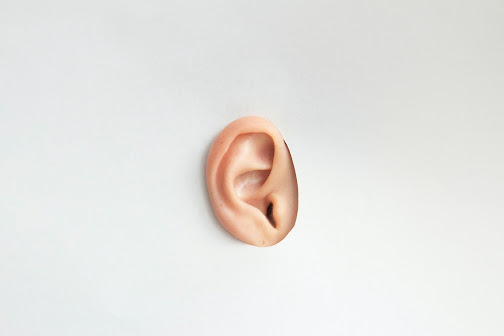Have you been dreaming of doing something completely new with your life? Are you no longer satisfied with your life? Do you often feel like you’re stuck in a maze and can’t find your way out?
Are you thinking about learning a new language or finding a new talent? Or you could be thinking of pursuing a new career.
Forging a new path definitely sounds exciting, but just the idea of starting a new chapter can seem daunting. You’ll have to change certain aspects about yourself, and you don’t know how people will react.
That said, modifying your outlook on life can be truly liberating.
Below are 10 ways to reinvent yourself when you feel stuck in life. They can help you navigate your journey until you fully claim your new you.
Identify Your Core Values
Understanding what your principles and values are is the first step in successfully reinventing yourself. It means you have a clear sense of self-awareness and emotional intelligence.
It also means that you know what aspects of your life need to be changed, why, and what these changes look like.
Take a Step Back
Too often we’re stuck in a never-ending routine. This makes it difficult to acknowledge how much a fresh start can do us a world of good.
So, one way to start reinventing yourself is to take a step back and identify what you’d like eliminated or added. Ask yourself, “What do I want to change in my life?”
Set Achievable Goals
Once you identify the things you want to change, it’s time to set goals to accomplish these changes.
According to one study, setting realistic milestones on your journey to starting your next chapter in life is more effective if you plan out your goals according to your skills and timeframe.
Then, as you successfully get through each one, you feel more confident and motivated to move on to the next one, and so on.
Remember, it’s all in the way you see things. Napoleon Hill said, “Whatever your mind can conceive and believe, it can achieve.”
Get Creative
Think of all the ways you can get creative and use one—or all—to express yourself. You can paint, sing, write, play an instrument, and more!
The point is to step outside your comfort zone and discover yourself through these forms of expression. Besides having a blast, you’ll be able to get unstuck and reinvent yourself by being inventive and resourceful.
Build Healthy Habits
This includes eating right and making healthier diet choices. This won’t just help you lose weight and stay fit, but it’ll make you feel happier overall.
It also includes exercising 3–5 times a week and getting good quality sleep each night. Having these things as a basic part of your daily routine will help make the path to starting fresh easier and more manageable.
Practice Self-Care
Self-care is when you set aside time out of your busy schedule to take care of you. This could mean reading for an hour, meditating for 15 minutes, or just doing some self-reflection as you stroll through the park.
Taking this time will help you become more aware of your actions, feelings, and thought processes. You’ll find it easier to make small changes and start on the path of reinventing yourself.
Throw Out the Things You Don’t Need
One of the most effective ways to reinvent yourself is to get rid of anything you no longer need or use.
Clutter is all that stuff that isn’t beneficial to you anymore. It just sits there complicating your life and making it more stressful and nerve-wracking.
You can donate, recycle, or sell your old stuff so that there’s no more mess cluttering up your life. That’s when you’re left with the best possible version of yourself.
Surround Yourself with Positive People
It was Jim Rohn who first said, “You are the average of the five people you spend the most time with.”
Think about it for a second. How do you feel when you’re around negative friends or colleagues? Probably not too good.
Now, think of people you know who have a can-do attitude, who are always positive and upbeat, and who have made something of themselves. How do you feel after spending some time with them?
Not only will you feel better about life in general, but you’ll also become successful and enjoy a more positive mindset as well.
Practice Gratitude
Being thankful each day is closely linked to leading a more fulfilling life. It helps us build strong relationships, improve our health, and enjoy a positive mindset.
Yet, the benefits of showing thanks really come in handy when you’re going through a difficult time. That’s when you can lean on your sense of gratitude to help deal with hardship and come out a stronger, better person for it.
Celebrate Each Milestone
Life is a series of ups and downs, highs and lows, hits, and misses. This is why every milestone is worth celebrating and enjoying no matter how small.
Taking time to be proud of your accomplishments will boost your sense of self-worth and confidence. It’ll also make you more determined to forge ahead while building the best version of yourself.









